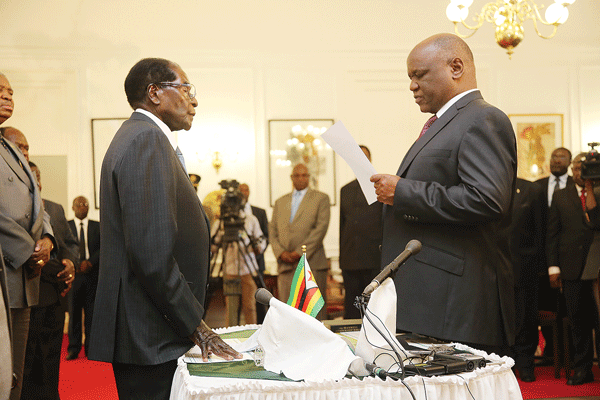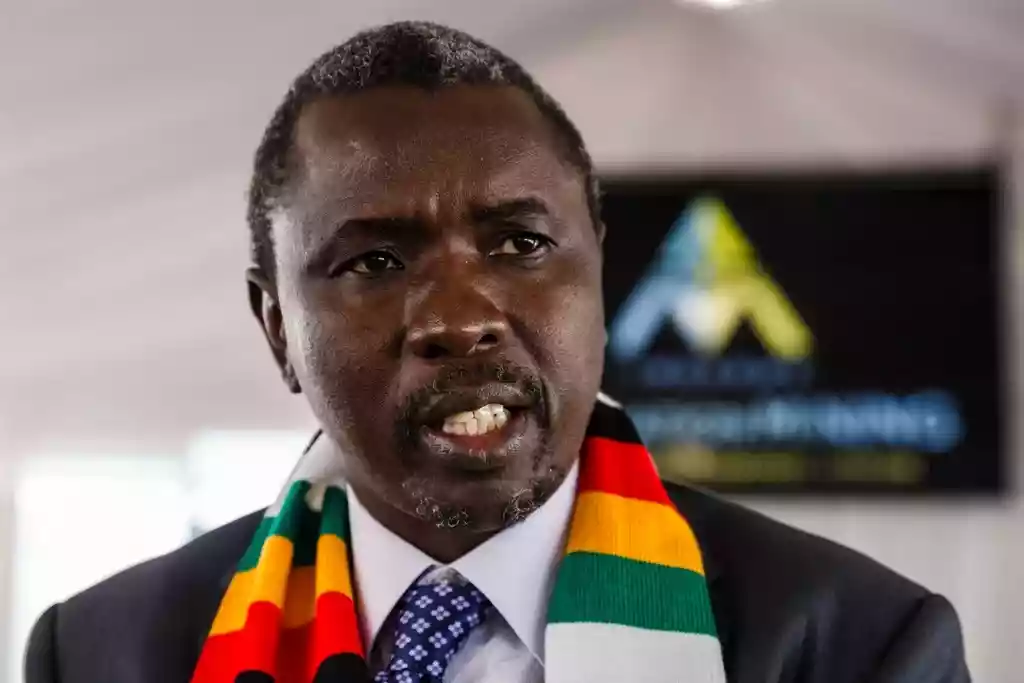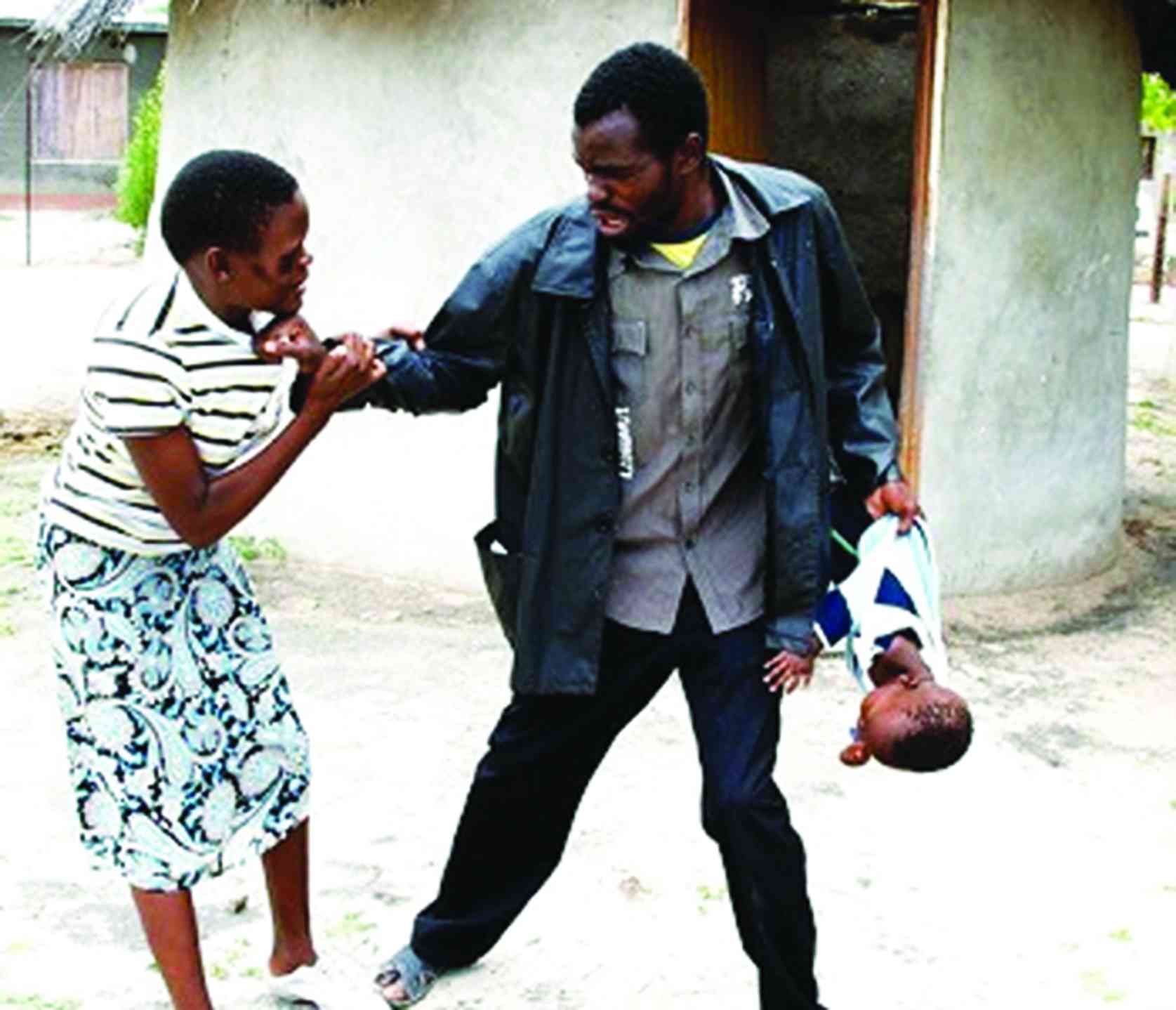
President Robert Mugabe recently appointed and swore in the new Chief Justice Luke Malaba, to replace former Chief Justice Godfrey Chidyausiku, who stepped down in February this year after reaching the age of retirement. The appointment was done in line with Section 180 of the Constitution.
guest column: PAUL KASEKE

One needs to applaud Mugabe for a sound appointment in this instance. Chief Justice Malaba is indeed a revered jurist of good standing and his track record is both admirable and desirable for the office he now holds. He is a veteran judicial officer with experience spanning over 30 years.
While no human and certainly no judge is perfect, Justice Malaba has a reputation for well-reasoned judgments. We may disagree on the interpretation of the law sometimes, but one thing is sure: His judgments are not rushed jobs and he meticulously details how he arrived at a particular outcome — something some of his colleagues don’t do.
The reasoning is both legally sound and coherent in most cases. He is truly a welcome face in the office of Chief Justice.
He steps into the office at a very crucial point in time in the country’s history particularly with the adoption of the Constitution. Karl Klare coined the concept of transformative constitutionalism which I have alluded to before. In simple words, it is the belief that the Constitution, when rightly interpreted, can bring about transformation and change of an equal or greater magnitude than the transformation brought about by revolutions and wars. For such change to occur, the judiciary needs to be proactive, effective and bold in its approach to interpreting rights even if it sets them on a collision course with the government.
The Malaba years will be important for the development of our democracy and the Chief Justice will have to make very hard decisions not only as a jurist, but as the head of the judiciary in Zimbabwe. I don’t envy him. The office comes with a lot of expectations, challenges and responsibilities, but it is an office he took an oath for, so one would expect that he breathes life into the Constitution and the office he holds.
Some of the things that he will have to deal with include:
- Chamisa under fire over US$120K donation
- Mavhunga puts DeMbare into Chibuku quarterfinals
- Pension funds bet on Cabora Bassa oilfields
- Councils defy govt fire tender directive
Keep Reading
The abolition of the dirty hands doctrine
One of the unfortunate legacies of the Chidyausiku years is the doctrine of dirty hands that was applied in the Daily News case in 2004. The doctrine basically states that a litigant, who has failed to obey the law in some way, shape or form, may not approach the courts seeking relief even where such relief flows from the Constitution.
This is not what this doctrine was designed for. It was and still is applied in private law matters. Very rarely have courts in other countries used it in the context of constitutional rights. The reasoning of this doctrine means that prisoners will, for example, be subject to less constitutional protection because of their “dirty hands”, but this is not what the Constitution says.
The doctrine is incompatible with the Constitution, but it has been rigidly applied by the courts because of the doctrine of precedent where all other courts are bound by the judgments of the Constitutional Court or Supreme Court. Chief Justice Malaba has the opportunity to reverse this principle in an appropriate case and if the opportunity arises, he should use it wisely.
Holding the State accountable
The standard of State accountability has been very relaxed and minimal in previous years owing to an approach of extreme judicial deference and timidity. Often the courts have shied away from rulings against the State for fear of reprisal and they have done this by making the argument that matters that are within the control of the State should be left in the hands of the State without the courts interfering. This has to end.
The role of the courts, like Parliament, is to hold the State accountable. The Chief Justice now faces an uphill task of ensuring that no fear or favour is displayed when it comes to the State or any other party in a legal dispute. The function of the judiciary is to uphold the Constitution and protect the vulnerable in society. This requires daring judgments and pronouncements that the Chief Justice must take the lead in.
Bringing back integrity and dignity of the judiciary
The Zimbabwean judiciary was the pride of Africa before the Chidyausiku years with many of our judgments repeated verbatim in other countries. Such was the quality of the judges and judgments we had back then. The challenge then is to restore our judiciary to those days and to even surpass that.
I have no doubt that we have very sharp minds on the bench that can develop and apply the law in a manner that reveals our progressive nature as a people and the time to showcase that is now.
One would hope that Chief Justice Malaba continues with his sound legal reasoning and avoid politically-motivated judgments which have scandalised the courts in recent years.
There is a lot that falls on the head of the new Chief Justice and only time will tell what kind of era we have started and what the legacy of the Malaba years will be, but for now let’s rally behind him.
Paul Kaseke is a legal adviser, commentator, analyst and sessional law lecturer with the Wits Law School and Pearson Institute of Higher Education (formerly Midrand Graduate Institute). He serves as director and current group chair of AfriConsult firm. He writes in his personal capacity. You can give him feedback via email: [email protected] or follow him on twitter @paulkasekesnr











